
MIx helps innovators tackle challenges in national security
Mission Innovation x, launched by a team including IDSS faculty Sertac Karaman, creates education and research opportunities while facilitating connections between defense agencies and MIT innovators.
READ MORE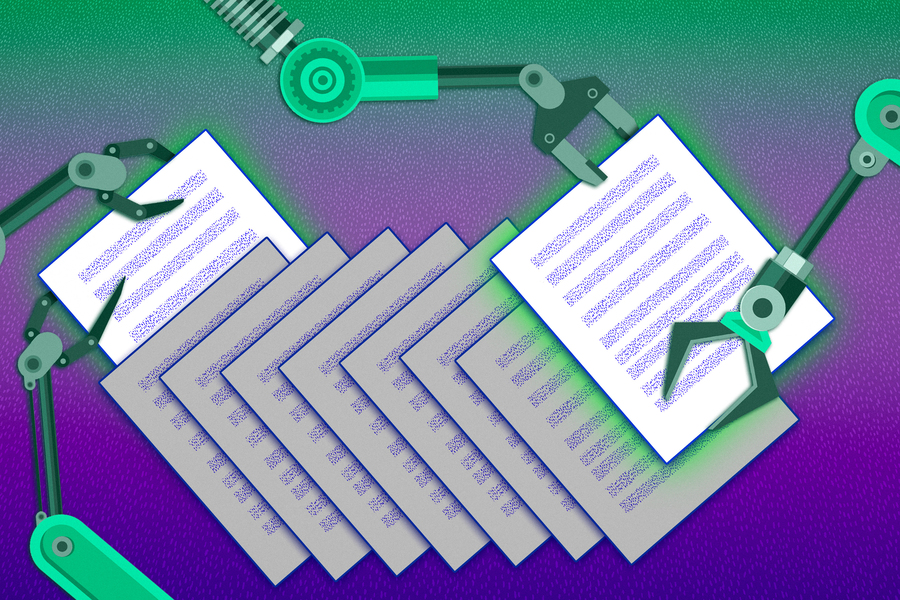
Unpacking the bias of large language models
In a new study, researchers including IDSS faculty Ali Jadbabaie, Stefanie Jegelka and SES/IDPS student Xinyi Wu discover the root cause of a type of bias in LLMs, paving the way for more accurate and reliable AI systems.
READ MORE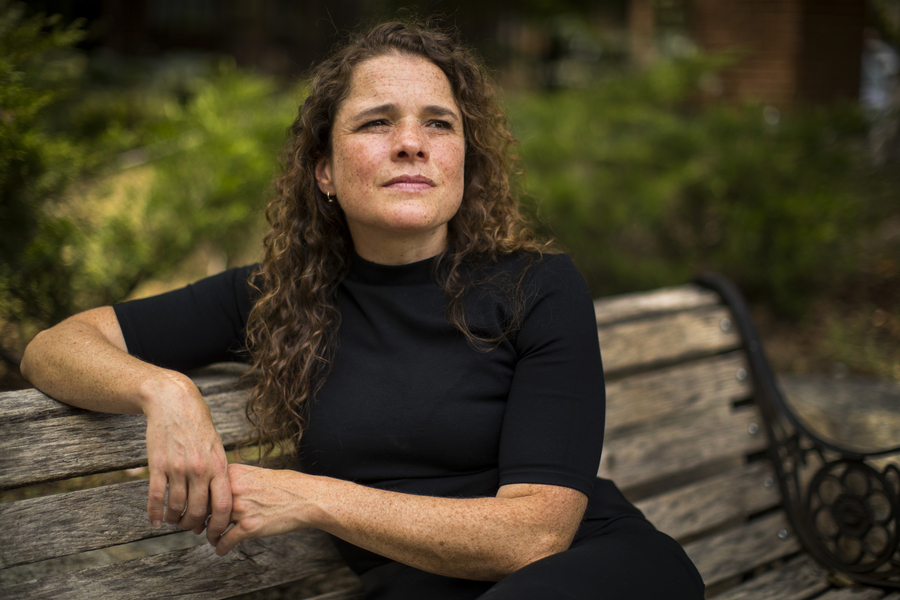
How AI can help make cities work better for residents
New technologies can help close the gaps between the government and the public. But they’re not without risks.
READ MORE
Business has a role to play in mitigating climate change. Here are 4 actions to take.
MIT Sloan climate expert and IDSS faculty John Sterman spells out the actions businesses can take to mitigate the economic and ecological harms of global warming.
READ MORE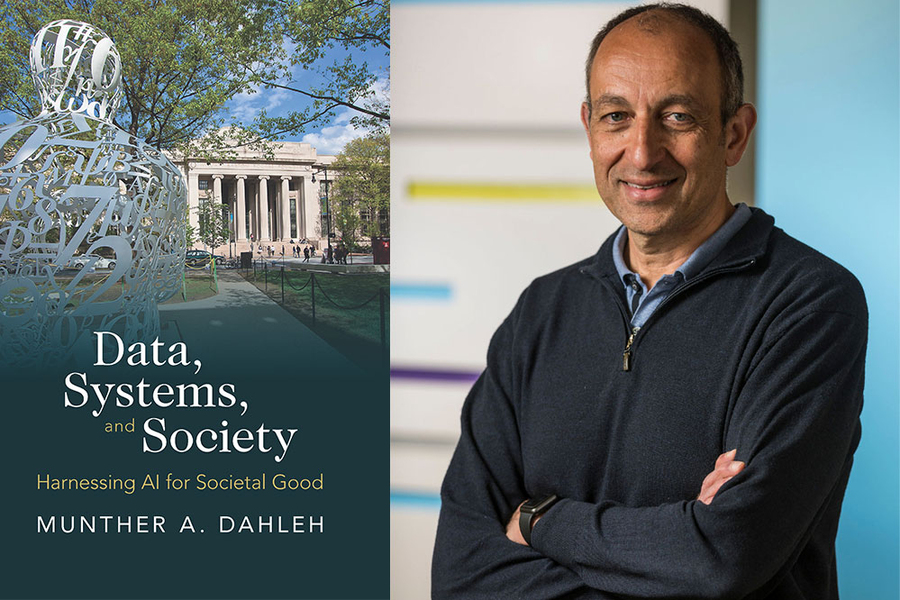
Melding data, systems, and society
A new book from Professor Munther Dahleh details the creation of a unique kind of transdisciplinary center, uniting many specialties through a common need for data science.
READ MORE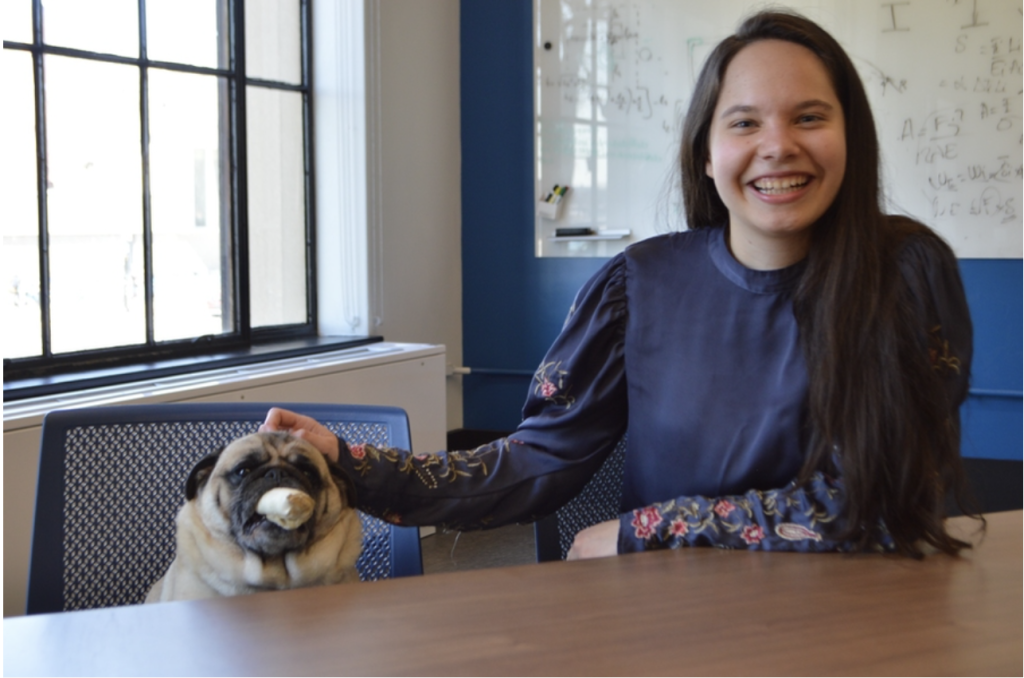
Shaping the future through systems thinking
Ananda Santos Figueiredo '25 joins TPP in the fall!
READ MORE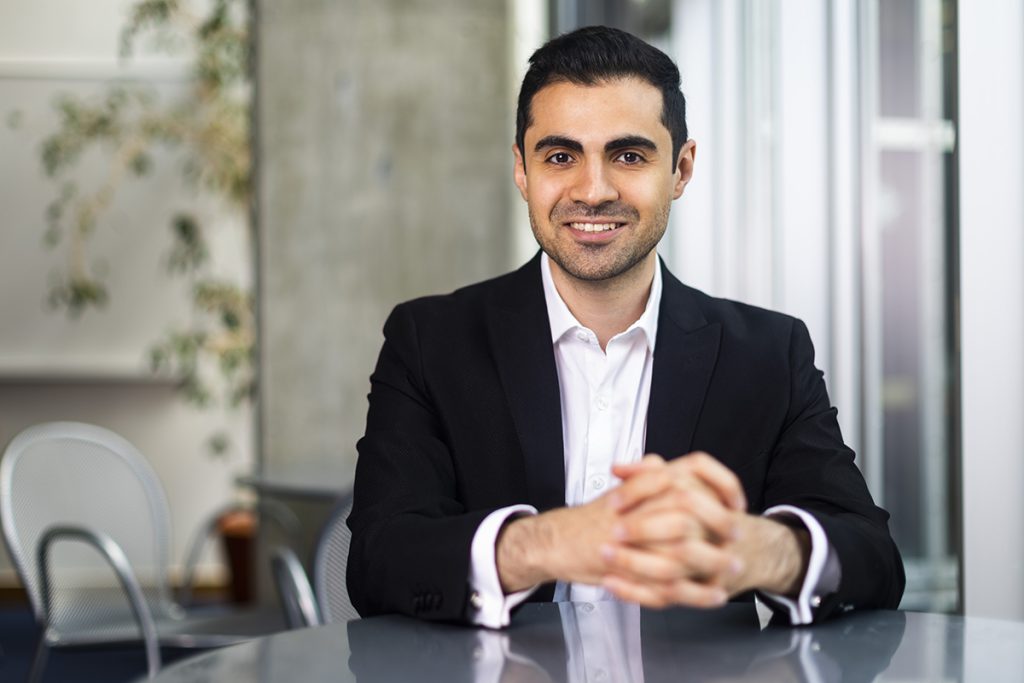
Navid Azizan wins Perkins Award for Excellence in Graduate Advising
The Mechanical Engineering and IDSS professor was selected to receive the award in recognition of his dedication to his students.
READ MORE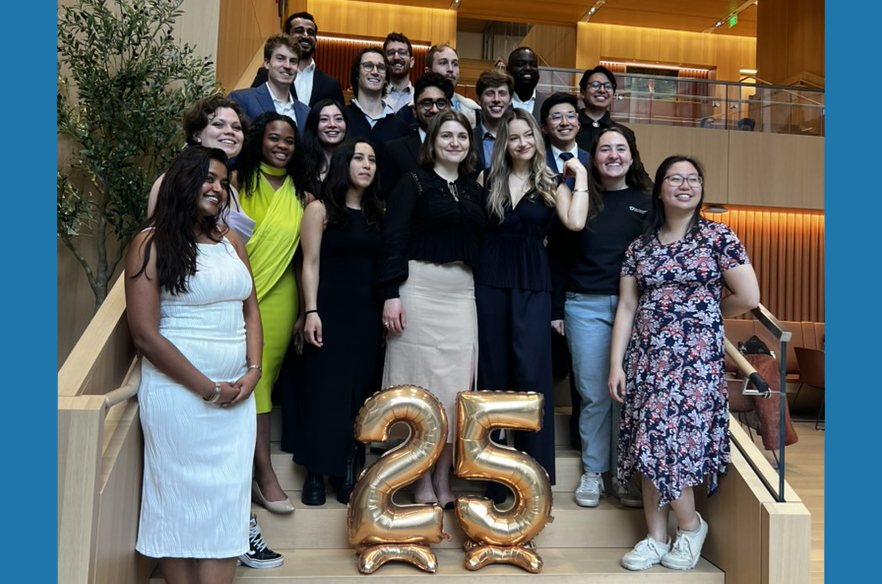
The 2025 graduates of IDSS
IDSS celebrates our 2025 graduates, including 6 Social & Engineering Systems PhDs, 13 interdisciplinary doctoral degrees in Statistics, and 22 Master of Science degrees in Technology and Policy.
READ MORE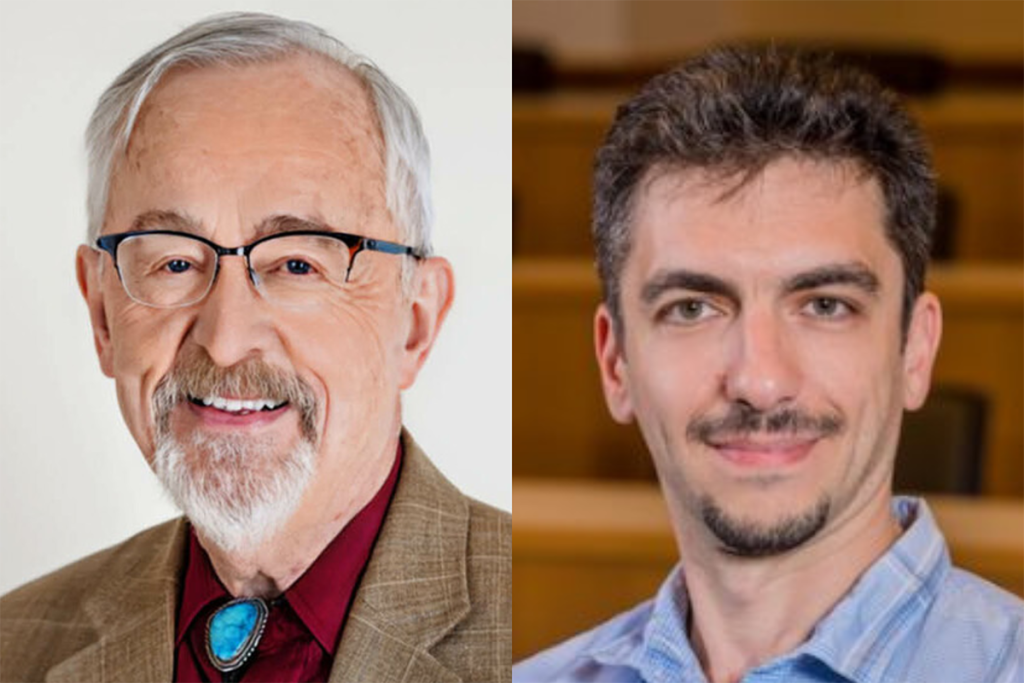
Gift from Dick Larson establishes Distinguished Professorship in Data, Systems, and Society
IDSS and Brain and Cognitive Science professor Sasha Rakhlin has been named the inaugural holder of the new professorship.
READ MORE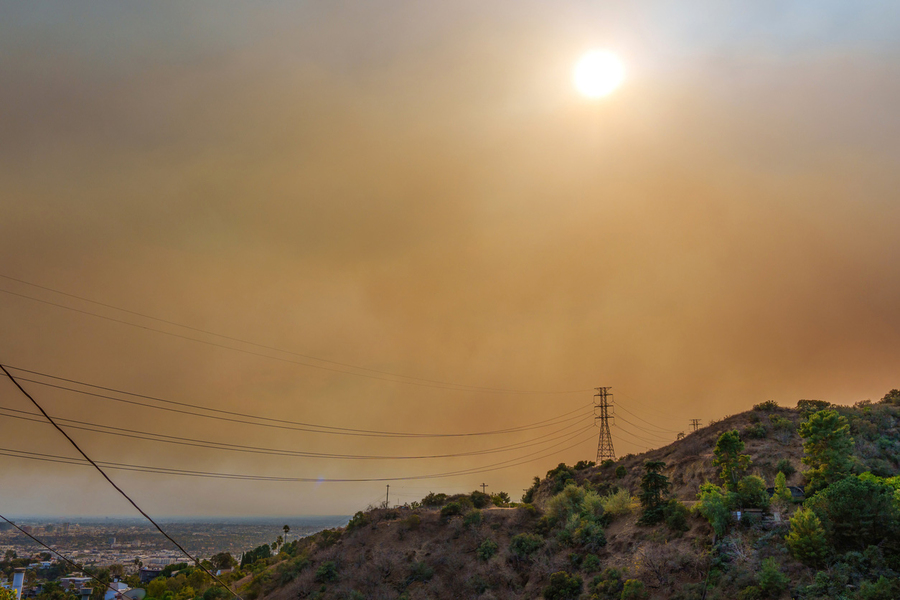
Study: Climate change may make it harder to reduce smog in some regions
Ground-level ozone in North America and Western Europe may become less sensitive to cutting NOx emissions. The opposite may occur in Northeast Asia, says study from researchers including IDSS faculty Noelle Selin.
READ MORE

